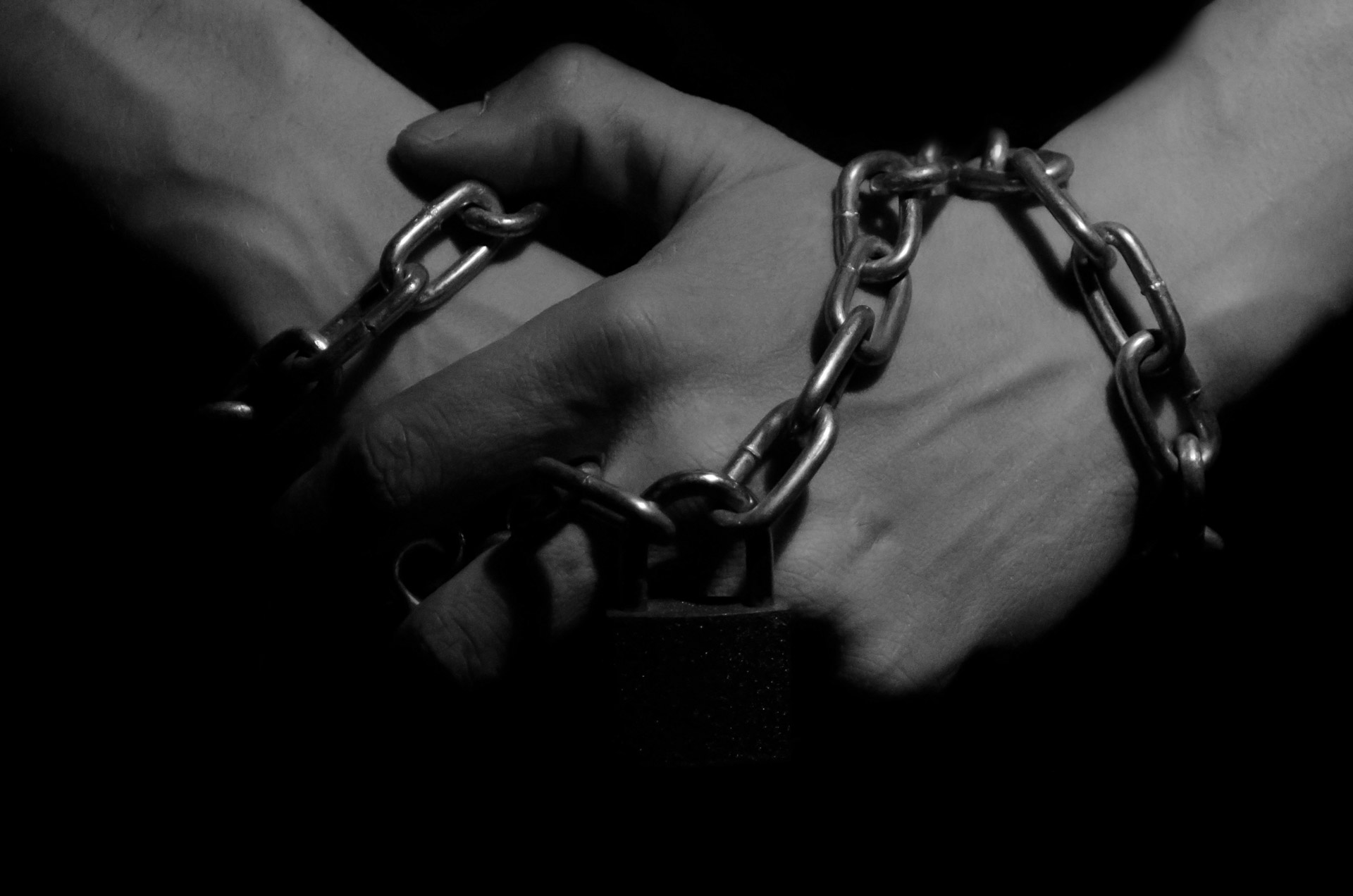Views expressed in opinion columns are the author’s own.
In the 1990s, the United States enacted the Defense of Marriage Act, prohibiting same-sex marriages. In the 19th century, lynchings of innocent black men commonly occurred in the southern United States. In the 1700s, France publicly burned cats for entertainment. The 17th century saw the proliferation of the transatlantic slave trade. Fourteenth-century Aztecs made human sacrifices to their gods. Ancient Greece exalted in pedophilic relationships and the exploitation of young children.
Every generation, we as a society exhibit certain brutish tendencies, later recognized as inhumane and intolerable atrocities. In 20 or 50 or 100 years, our descendants will question our morality, how we accepted the prevalence of mass incarceration, and how we could deposit copious amounts of human beings in cages like they were birds. Modern society employs excessive penitentiaries to mask the real problems of poverty, racial discrimination and mental illness. When incarceration is utilized so widely, it ceases to operate as a deterrent or punishment and is instead an end in and of itself.
In every civilization there will be wrongdoers, as well as preventative and punitive measures employed to discourage citizens from straying from societal norms. Victor Hugo’s novel Les Miserables tackles the terrible conditions French people faced for perceived crimes; Jean Valjean serves nearly two decades of hard labor for stealing and multiple escape attempts. This was the norm in the 19th century and before — punishments were downright brutal, including burnings for supposed “witchcraft,” thrashings for religious violations and cutting off hands for stealing.
One would think that living in a free, 21st-century democracy would entail full freedom for every citizen. The United States, however, imprisons the most people per capita in the entire world, more than six times as many as Canada, and almost ten times more than Denmark. Over six million Americans either reside in prison or are under other criminal justice supervision, such as probation or parole. This amount is more than four times the number of Americans currently serving in the country’s armed forces. These six million people have been disenfranchised and robbed of their rights to participate in society.
While society has improved in its treatment of wrongdoers, imprisonment oftentimes avoids the actual problems. In the United States, more than half of all inmates suffer from mental health problems, with less than 1/3 of them receiving necessary treatment. Three times the number of mental health patients are incarcerated compared to those treated in hospitals. It is even legal in some states for police to arrest the mentally ill without any disturbance or law-breaking. Is incarceration really what our society has concluded as being the right way to treat this issue?
Additionally, imprisonment is not always utilized fairly to teach offenders the error of their ways and provide justice. Oftentimes, it perpetrates racial discrimination instead. While there is almost no racial discrepancy in marijuana usage, black Americans are almost four times more likely than whites to be arrested for this offense. Furthermore, a 2008 study found an astounding 37 percent of black men without a high school diploma were put behind bars, compared to just 12 percent of similar white men. These injustices are one of the many reasons that prisons are seen as the modern incarnation of slavery.
As Maya Angelou wrote in her poem, “Caged Bird,” “A bird that stalks down his narrow cage can seldom see through his bars of rage.” By forgoing mental illness treatment and discriminating against specific races through imprisonment, we waste opportunities for improvement at both the individual and societal levels. Furthermore, we punish millions of our fellow citizens for our collective failure to create a fair criminal justice system. Ex-convicts leave prison bitter and face a community that stigmatizes the past crimes for which they’ve ostensibly paid their price, thereby doubling their punishment.
If we limit our imprisonment to only those “bad” people who engage in objectively negative actions — such as premeditated embezzlement, robbery, rape or murder — and find more appropriate venues for the rest of the prison population, it is reasonable to believe that we could massively purge our prisons. We could start by treating those affected by mental illness in proper institutions. We should also decriminalize marijuana, a notion supported by three-fifths of the country. Since 46 percent of all federal prisoners are drug-related, and 52 percent of those arrests are marijuana related, we can effectively free almost a quarter of all federal prisoners through this action. Mandating cultural-sensitivity training for every police force will provide less racism in our policing. By engaging in such transformations, we will ensure that as a society, we do not allow vast portions of our citizenry to rot behind bars.
Joseph Kuttler is a freshman English major. He can be reached at Jkuttler@umd.edu.



